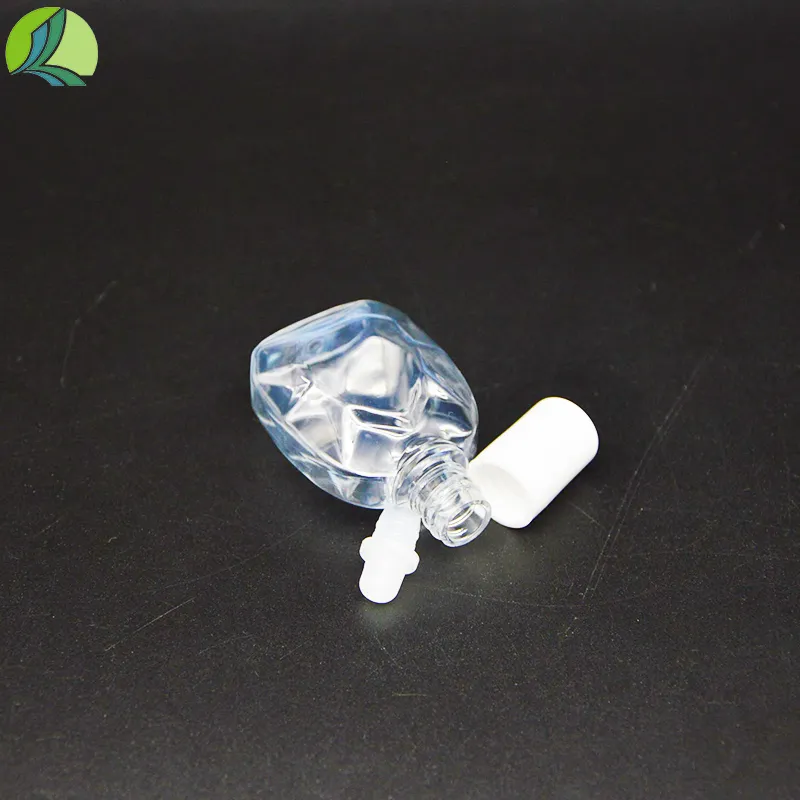plastic cell culture flask
The Versatility of Plastic Cell Culture Flasks in Biological Research
In the realm of biological research, cell culture has become an indispensable technique for studying cellular behaviors, interactions, and responses to various stimuli. At the heart of this process are plastic cell culture flasks, which play a crucial role in providing a controlled environment for the growth and maintenance of various cell types. Made primarily from polystyrene or polycarbonate, these flasks come in various sizes and configurations, catering to the diverse needs of researchers across different fields.
One of the primary advantages of plastic cell culture flasks is their lightweight and durable nature
. Unlike glass flasks that may be prone to breakage, plastic flasks can withstand the rigors of laboratory handling, making them a preferred option for many researchers. Furthermore, the transparency of these flasks allows for easy monitoring of cell growth through visual inspection, enabling scientists to assess confluency and overall cell health without interrupting the culture process.Plastic cell culture flasks are designed with specific features to optimize cell growth. Many flasks come with a treated surface that enhances cell attachment and proliferation, particularly for adherent cell types. Some specialized flasks even have design modifications, such as angled necks or baffles, which improve gas exchange and nutrient distribution, promoting healthier and more vigorous cell cultures. This adaptability makes plastic flasks suitable for a wide array of applications, from routine cell maintenance to complex experimental setups.
plastic cell culture flask

Moreover, the sterility of plastic cell culture flasks is vital in preventing contamination—a significant concern in any biological research. Most plastic flasks are pre-sterilized and sealed, ensuring that researchers can maintain aseptic conditions throughout their experiments. This feature minimizes the risk of bacterial or fungal contamination, which could compromise experimental results and inhibit reliable data interpretation.
Another noteworthy aspect is their cost-effectiveness. Plastic cell culture flasks are generally more affordable than their glass counterparts, allowing laboratories to procure significant quantities without straining their budgets. This is especially beneficial for high-throughput screening processes where numerous cell cultures must be maintained simultaneously.
In conclusion, plastic cell culture flasks are pivotal in advancing biological research. Their lightweight, durable design, enhanced surfaces for cell growth, and cost-effectiveness make them indispensable tools for scientists. As advancements in biotechnology continue to evolve, the role of plastic cell culture flasks will remain central to the exploration and understanding of cellular processes, ultimately contributing to groundbreaking discoveries in medical and life sciences.
-
Aesthetic Makeup Spray Bottles | Fine Mist Empty RefillableNewsAug.19,2025
-
White Plastic Veterinary Vaccine Vials | Lab Liquid BottlesNewsAug.18,2025
-
Plastic Medicine Liquid Bottle: Secure Flip Top Drug VialsNewsAug.17,2025
-
Durable 250ml Blue Plastic Vaccine Vial for Lab & Vet UseNewsAug.16,2025
-
Sterile Virus Sample Tubes: Secure & Reliable Specimen CollectionNewsAug.15,2025
-
White 250ml Plastic Vaccine Vial for Lab & Vet MedicineNewsAug.14,2025
























